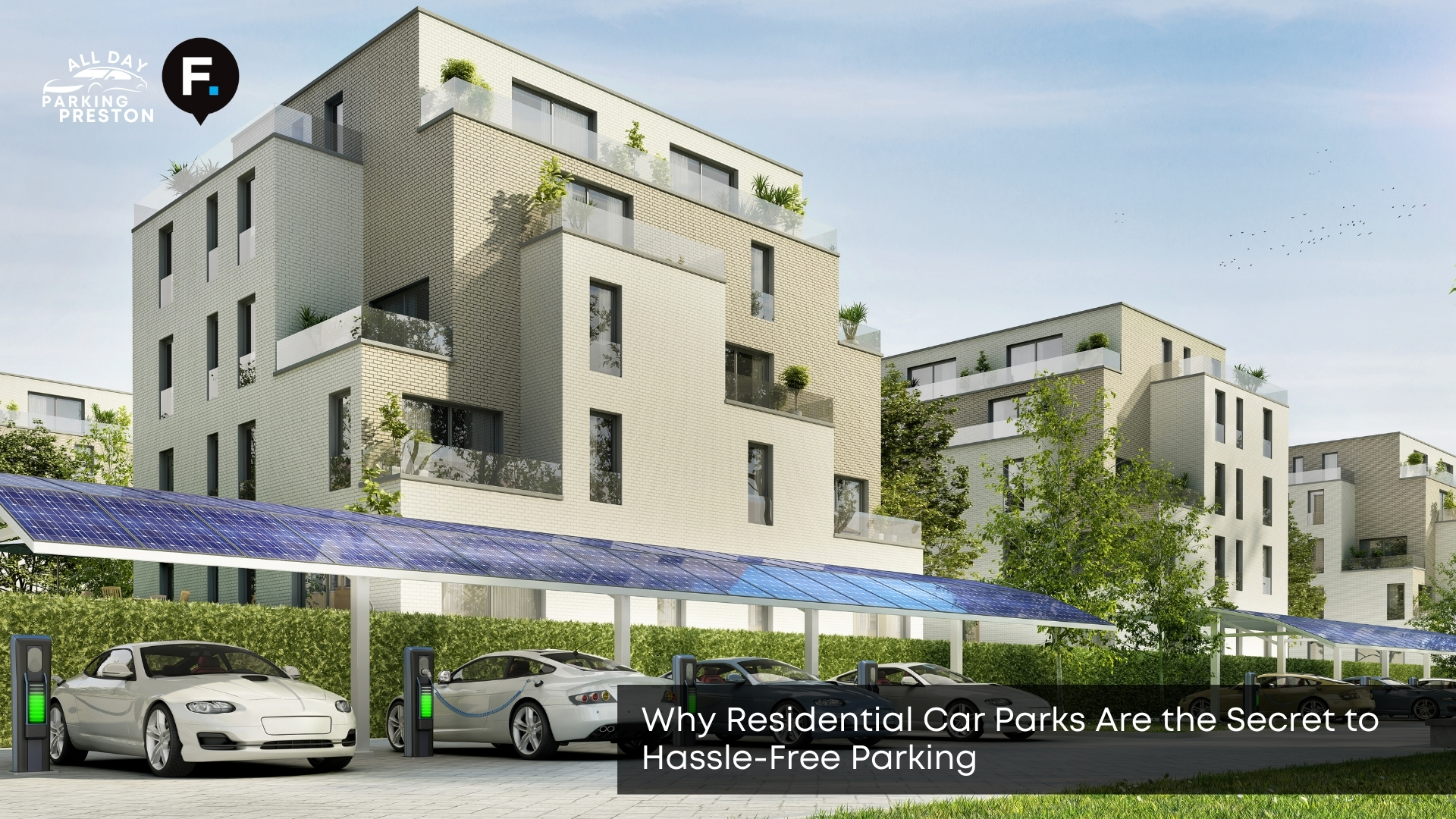Finding a parking space near home is one of the most common problems for drivers in busy urban areas. Residential car parks offer a simple solution by providing private, dedicated spaces just where you need them most. Whether you’re tired of circling your street or dealing with unclear parking signs, having access to a reliable residential space can make daily life much easier. This article examines how these car parks operate, their benefits, and why they’re becoming a popular choice for stress-free parking.
What Is a Residential Car Park and How Does It Work?
A residential car park is a designated area near homes or flats where residents can park their vehicles safely and consistently. These car parks are often managed by landlords, property managers, or parking services. They may require a permit or rental fee. They can be open-air or gated, and usually provide numbered bays for each user. Some allow long-term leasing, while others are shared or booked through parking apps. This setup provides residents with peace of mind, offering a guaranteed space.
Why Are Residential Car Parks Becoming More Popular?
Residential car parks are becoming increasingly popular because they address one of the most significant parking challenges in urban areas: uncertainty. As streets become crowded and restrictions increase, having a secure space near home offers a practical alternative. With the rise of flat living and new-build developments, more people are seeking ways to minimise on-street stress. Reliable parking is now seen as a valuable feature, not just a bonus. This rising demand is also driving up interest from both renters and homeowners.
Can a Private Car Park Reduce Parking Stress?
Yes, a private car park can significantly reduce parking stress by giving you one less thing to worry about each day. Instead of hunting for a space after work or fearing overnight restrictions, you know exactly where your vehicle belongs. There’s no risk of fines, arguments over spaces, or confusion about local rules. Knowing your car is parked in a secure, nearby location helps drivers feel more relaxed and in control. This mental ease is part of what makes residential parking so appealing.
What Are the Perks of Having a Space Near Your Home?
The perks of having a parking space near your home include added convenience, security, and saved time. You can unload shopping with ease, come and go without delay, and avoid long walks in bad weather. Your vehicle is less exposed to theft or damage compared to street parking. It also makes hosting visitors simpler if you have an extra bay or access permit. These daily benefits quickly add up to a better parking experience overall.
Are Residential Car Parks Safer Than Street Parking?
Yes, residential car parks are generally safer than street parking due to limited access and increased visibility. Many are gated or monitored, which reduces the risk of theft, vandalism, or accidental damage. Cars are less likely to be hit by passing traffic or targeted by opportunists. Proper lighting, signage, and surveillance systems contribute to a secure environment. While no car park is 100 per cent risk-free, private spaces offer more protection than public streets.
Can You Rent or Share a Residential Parking Space?
Yes, you can rent or share a residential parking space either directly from a resident or through an app. Services like JustPark or YourParkingSpace enable property owners to list spare parking spaces for daily or monthly use. This flexible setup is ideal for those who need a space temporarily or only during certain hours. You can also find local rental listings through noticeboards or community forums. Sharing a space can be more cost-effective than paying for a full-time bay.
What Should You Look for in a Residential Car Park?
When selecting a residential car park, consider security features, clear rules, and a convenient location near your home. Check if the area is gated, lit, or monitored by CCTV, and don’t overlook the importance of car park lighting for added safety. Ensure there’s a proper system in place for permits and access, something that’s easier to manage with local parking permits with simple access. Also consider surface quality, drainage, and ease of access. These details affect not just convenience but the long-term value of using the space.
Are There Any Downsides or Rules You Should Know?
Yes, some downsides include limited availability, permit fees, and strict rules on who can use the space. In shared complexes, there may be limits on vehicle size or types. Some spaces are tied to lease agreements, which means they can’t be sublet without permission. It’s also important to check cancellation policies or usage hours. Knowing the fine print helps you avoid problems later and ensures you follow local guidelines.
Why More People Are Choosing Residential Parking Options
More people are opting for residential parking options because they provide a smoother and more secure way to park at home. As daily life gets busier and public parking becomes less reliable, drivers are turning to private solutions that offer peace of mind. The ability to control your own space, avoid fines, and park quickly is a major advantag, especially when you combine it with reliable parking across Preston with All Day Parking. With demand on the rise, residential car parks are poised to become an even more integral part of urban living.


Leave a Reply